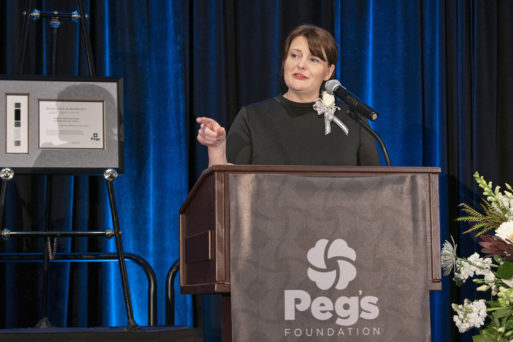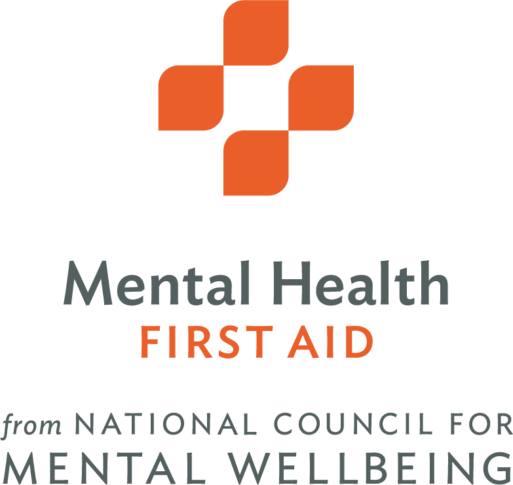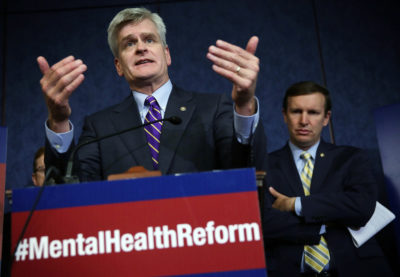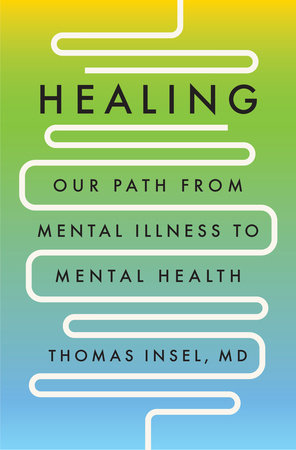
Treatment Advocacy Center’s Lisa Dailey accepts award. (Peg’s foundation photo.)
(11-15-22) The Ohio based Peg’s Foundation recently announced recipients of its 2022 Morgan Impact Awards for mental health and chose the Treatment Advocacy Center for its Excellence in Advocacy award. TAC’s Executive Director Lisa Dailey accepted the award on behalf of the non-profit organization.
The Morgan Impact Awards, established in 2010, recognize individuals and organizations for their outstanding achievements in mental health, education and the arts.
Peg’s Foundation is one of the larger mental health foundations. It was endowed by Margaret ‘Peg” Clark Morgan and her husband Burton whose son, Dave, was diagnosed with schizophrenia. Despite the family’s wealth, they struggled to find suitable treatment for Dave. “(Peg) was a mom who loved her son and wanted the best for him, and this illness wouldn’t always allow that for him,” recalled Rick Kellar, Peg’s Foundation President. “They couldn’t find the help and support to fulfill his needs to recover.” Peg Morgan died in 2013 at age 95.
The Foundation’s goal is to “promote and help implement promising and evidence-based practices that can create the immediate and urgently-needed opportunities to improve the lives of people with serious mental illness and their families.” It listed assets worth $106 million and annual revenues of $40 million in its most recent public filing. (Click here to read about Peg and Burton “Burt” D. Morgan’s personal life and business acumen.)







